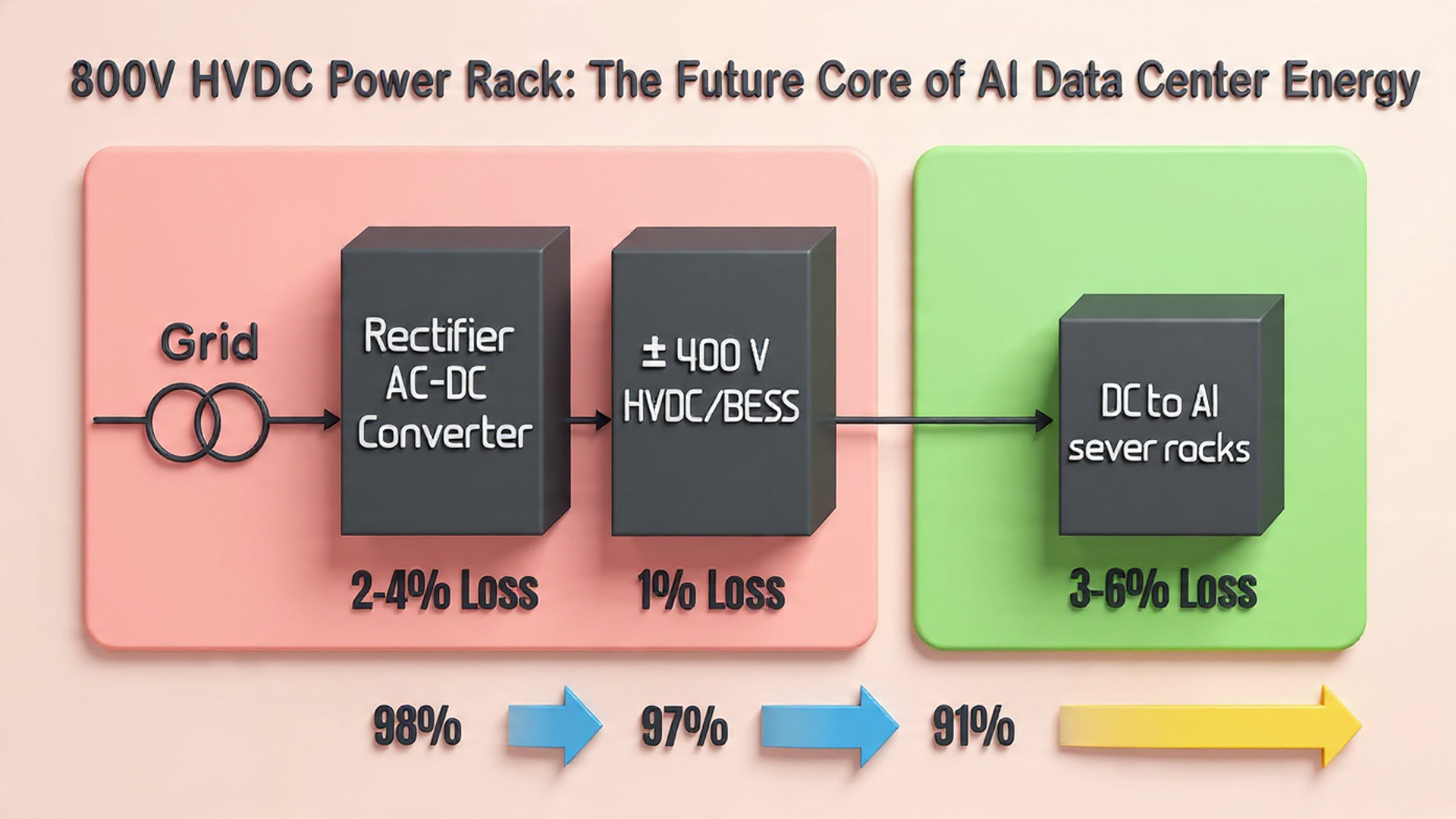The advantages of Modular UPS (Uninterruptible Power Supply) systems, especially relevant for critical environments like data centers, hospitals, industrial automation, telecom, and financial institutions.
✅1. Scalability ("Pay-as-You-Grow")
➤ Description:
Modular UPS systems allow for flexible capacity upgrades by adding or removing power modules within the same frame or rack.
➤ Benefits:
· No over-investment upfront – You only buy what you need.
· Easily increase capacity without replacing the entire UPS.
· Useful in environments with uncertain or growing load demands.
· Reduces capital expenditure (CapEx) at early project phases.
➤ Real-World Application:
A data center starting with 40 kW demand can install a 60 kW modular UPS (e.g., 3x 20 kW modules) in a frame designed for 120 kW. As the load increases, additional modules can be inserted without taking the UPS offline.
✅ 2. Redundancy and High Availability (N+1, N+X Configurations)
➤ Description:
Each power module is independent and can be configured to provide redundancy. This means one or more modules can fail without interrupting the power supply.
➤ Benefits:
· Ensures continuous uptime during module failure or maintenance.
· Fault tolerance increases system reliability.
· Redundancy can be scaled (N+1, N+2, N+X), depending on criticality.
· Higher availability compared to centralized UPS with single points of failure.
➤ Example:
A 100 kW load can be protected by five 25 kW modules (4 working, 1 redundant). If any module fails, the system still supports the full load.
✅ 3. Hot-Swappable Modules & Faster Maintenance
➤ Description:
Modules in a modular UPS can be replaced or added while the system is running ("hot swap").
➤ Benefits:
· Zero downtime during maintenance or upgrades.
· Reduces Mean Time to Repair (MTTR).
· Reduces dependence on specialized technicians; many modular systems are plug-and-play.
· Minimizes risk during critical operations.
✅ 4. Space-Saving, Compact Design
➤ Description:
Modular UPS units are designed with integrated cabinets that contain rectifiers, inverters, batteries, and bypass switches in a single footprint.
➤ Benefits:
· Smaller footprint compared to traditional centralized UPS.
· Ideal for edge computing, telecom closets, and urban facilities with space constraints.
· Easier to integrate into existing server racks or IT rooms.
✅5. Higher Operating Efficiency (Especially at Partial Loads)
➤ Description:
Modular UPS units operate more efficiently across varying load conditions by deactivating unused modules.
➤ Benefits:
· Efficiency typically reaches 95-97% even at 30-50% load.
· Reduces electricity consumption and heat generation.
· Cuts cooling costs (lower thermal output).
· Contributes to Green IT initiatives and sustainability goals.
✅ 6. Lower Total Cost of Ownership (TCO)
➤ Description:
The combined benefits of scalability, energy efficiency, and easier maintenance result in lower total ownership costs.
➤ Benefits:
· Lower energy bills (higher efficiency).
· Reduced cooling and HVAC expenses.
· Fewer service visits and reduced technician time.
· Less downtime = more business continuity.
✅ 7. Simplified Installation and Commissioning
➤ Description:
Modular UPS units are typically factory pre-tested and pre-configured, often shipped as a single package with all required components.
➤ Benefits:
· Quicker setup time.
· Fewer site-level wiring and connections.
· Easy to relocate or reconfigure.
· Reduces project delivery time.
✅ 8. Easier Upgrades and Future-Proofing
➤ Description:
As technology advances or loads grow, modular UPSs allow for seamless capacity upgrades and technology refreshes.
➤ Benefits:
· Add or replace modules without major retrofits.
· Adapts to changing business needs (e.g., cloud migration, AI workloads).
· Avoids total system obsolescence.
✅ 9. Intelligent Monitoring and Predictive Maintenance
➤ Description:
Most modular UPS systems come with advanced monitoring platforms and remote diagnostics.
➤ Benefits:
· Real-time module-level monitoring of performance, temperature, load, and status.
· Predictive failure alerts enable proactive maintenance.
· Integration with Building Management Systems (BMS) or DCIM platforms.
✅ 10. Improved Power Density
➤ Description:
Modular systems often support higher kW per square meter than conventional units.
➤ Benefits:
· More power in less space.
· Supports high-density racks and edge installations.
· Reduces the need for multiple smaller UPSs spread across the site.
✅ 11. Enhanced Flexibility for Multi-Tenant or Segmented Loads
➤ Description:
Modules can sometimes be configured to support different loads or clients within a facility.
➤ Benefits:
· Ideal for co-location data centers or buildings with segmented power zones.
· Supports dual-bus architecture more efficiently.
· Allows for load isolation and protection zone expansion.
✅ 12. Compliance and Certifications
➤ Description:
Leading modular UPS systems meet global standards (UL, CE, IEC, RoHS, ENERGY STAR).
➤ Benefits:
· Easier for government, healthcare, and financial compliance.
· Assures clients of quality and performance.
· Easier integration into tender and RFP documents.






